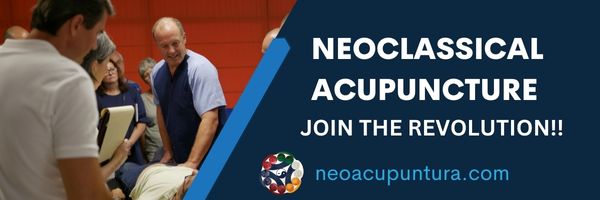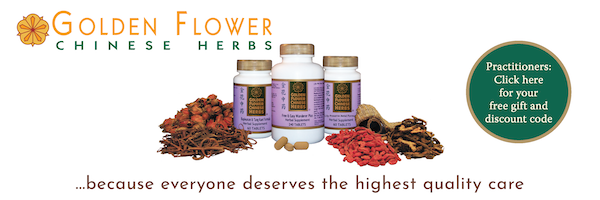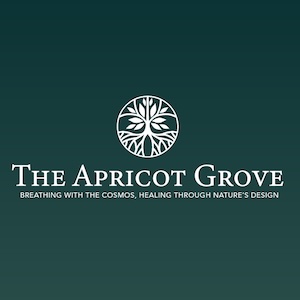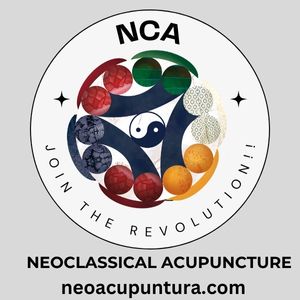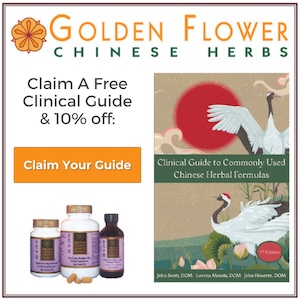Many of us like to think we are connected with doctors throughout time, that we practice the same medicine in a continuous flow from the days of Huang Di down to this modern moment. It’s a lovely narrative. One that our patients often think about as well when they say “It’s been around 2000 years, there must be something to it.”
But as Volker Scheid, the guest of today’s conversation, points out “The way patients were even 40 years ago, the way they spoke and thought of their issues is already different from how it is now. Within this small time span the changes from cultural already influence the practice of medicine.” And yet even as this is true, we can find a way to have conversations with doctors across the span of time, culture and language.
Listen into this conversation on the yin and yang of diversity and heterogeneity in the practice of Chinese medicine.
In This Conversation We Discuss:
- It only takes one generation for things to change
- We can’t fully understand the past, but we are able to have a conversation with it
- Faith in and faithfulness to a tradition is not the same as fundamentalism
- Importance of distinguishing between personal failure and failure of the medical model
- Coronavirus is another opportunity to use and learn from our medicine
- Impact of the social context on health and medicine
- The transformation of legendary doctors through the dynasties
- Holism is not found in ancient Chinese writings, it’s found in our interpretation of them
- Meta practice and the husbanding of diversity
- Considering the six conformations
- Using diversity to become better practitioners
- The deep influence of 理, li
- Diversity is our strength; identity politics creates problems for us if we want to deepen our practice
- It’s important to be able to distinguish between better and worse
- The 六經, six conformations
- Convergence in medicine and integrative medicine are not the same thing
- The mind operates by having the 理 li stored in the 心 xin, the heart
- Dimensions of meta-practice
Qi flows through the body like tea from a tea pot. Always make sure not only that the spout is unblocked, but also the little hole in the lid. And, of course, that there is good quality tea in the pot itself to start with.
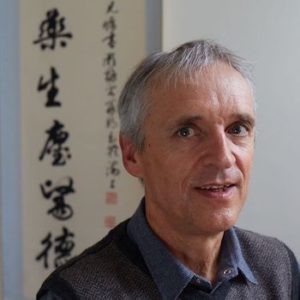 Volker Scheid, Ph.D, L.Ac
Volker Scheid, Ph.D, L.Ac
I grew up in rural Germany in a family engaged in the cultivation of medicinal herbs. Following an apprenticeship as a gardener I moved to England to study phytotherapy (Western herbal medicine) and Chinese medicine. Further studies led me to China, where I completed three years of postgraduate training at Beijing and Shanghai Universities of Chinese Medicine and also apprenticed with several nationally renowned physicians. I have also studied Kampo and other East Asian medical traditions. My clinical studies led to a deepening academic involvement with East Asian medicines, which I pursued at the University of Cambridge, the School of African and Oriental Studies (London), and the University of Westminster, where I was Professor of East Asian Medicines and Director of EASTmedicine (East Asian Sciences and Traditions in Medicine). I gained a deeper understanding of the history of East Asian medicines and understood, above all, that nothing exists outside history. Another way to put this is to say that there is no “authentic” Chinese or East Asian medicine out there preserved in ancient texts or oral transmissions or summed up in modern textbooks. Instead, it is always made anew by people in the here and now drawing on resources from the past but aligning them with others from the present. There is thus no “real” or “false” Chinese or East Asian medicines, though there are certainly better and worse ways of aligning past and present.
By nature, I am an intellectual who likes to think outside of the box. But I am also a hands-on person who wants to see concrete change. My parents taught me that the only life worth living is one that seeks to make the world a better place, whether or not one succeeds in doing so. I started travelling and exploring different cultures in my early teens and was incredibly lucky to grow up at a time when it was possible to do so safely without needing much money. I have also been lucky in that the right people, books and ideas seem to appear in my life just when I need them. In return, I am grateful that in Chinese medicine I have found a field of practice that allows me to draw all of these idiosyncratic interests and ambitions into a single pursuit, a pursuit furthermore that becomes ever more rewarding as time goes on – hopefully not only for myself but also for my patients and students.
A few years ago, without me searching him out, the seventeenth century physician, thinker and Buddhist monk Yu Chang 喻昌 (1585-1664) appeared in my life. Through him I discovered a fascinating period in the history of Chinese medicine that few of us (historians and practitioners alike) know much about: a period of great innovation, of challenging the past and imagining different futures, of aligning different intellectual and cultural traditions (Buddhism, Confucianism, Daoism but also Western and Arab knowledge) in new and exciting ways. Most importantly, Yu Chang forced me to think through some of my own attachments and how to let go of them. Chinese medicine is full of surprises and a resource for so much more than herbal formulas or acupuncture techniques.
Links and Resources
Here are a few of Volker’s articles from the archive at University of Westminster.:
Volker is one of the authors of Formulas & Strategies, 2nd edition
He also authored:
Currents of Tradition in Chinese Medicine 1626-2006
Chinese Medicine in Contemporary China: Plurality and Synthesis
He also recommends Annemarie Mol’s The Body Multiple: Ontology in Medical Practice and The logic of Care: Health and the Problem of Patient Choice






